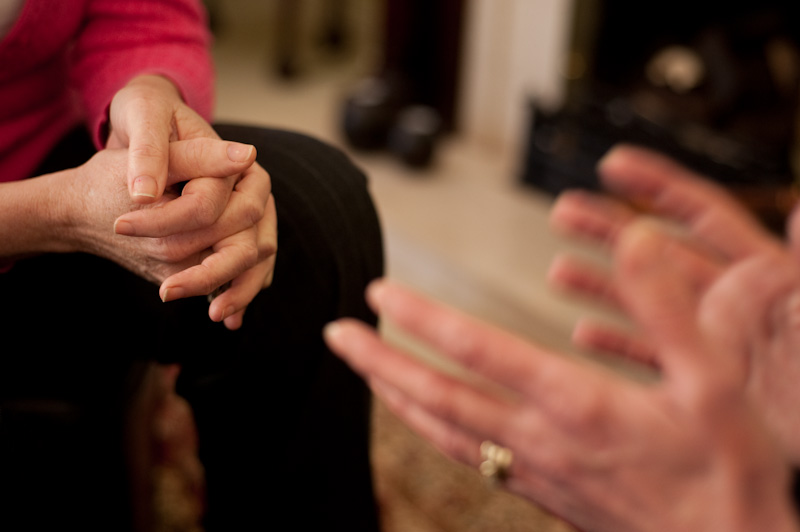
Counseling is a process that occurs when a client and counsellor set aside time in order to explore difficulties which may include the stressful or emotional feelings of the client. We often go through many issues in our daily life that may be stressful or difficult to handle. Or maybe we are unhappy in our work or relationships and need some guidance on how to proceed further. In any of these situations counseling could be helpful.
Participation in counseling can result in a better understanding of
- Your personal goals and values,
- Improved interpersonal relationships, and
- Resolution of the specific concerns that led you to seek counseling.
What to expect:
- Counseling does involve some risks, including the possible experience of intense feelings such as sadness, anger, fear, or guilt. Please remember that these experiences are natural and normal, and they are an important part of the counseling process.
- Sometimes, in counseling, clients choose to make major life decisions, including decisions regarding family, relationships, employment and lifestyles. Decisions made during the counseling process may result in calling into question old beliefs and values, and these decisions may bring about changes not originally intended.
- The ultimate outcome of counseling cannot be guaranteed, however, most people report positive or neutral experiences after attending counseling.
First Session:
- In your first session the therapist may ask you certain questions about you and your life and the reason you sought therapy. This information will help him/her make an initial assessment about your current situation.
- Being open with your therapist about your problems will help you make the most of your counseling session. You can be completely open and honest with your therapist without the fear of being judged or of your therapist discussing your problem with anyone else. Therapy is a place where the therapist will be completely non-judgmental, empathetic and understanding. The therapist will not share your problems or issues with anyone else and what you talk with the therapist will be completely confidential.
- The more you understand the counseling experience or how counseling works, the more comfortable you’ll be. Ask questions about the therapy process, and ask the therapist to repeat anything you don’t understand.
- A lot will be going through your head in this first session. Listen to your own reactions and feelings, and share them with the therapist. You’ll both learn from these insights.
- Be sure to go to your first session with realistic expectations. Therapy is not a quick fix for your problem, rather it is a process. With some effort on your part and a strong relationship with your therapist, it can be a successful tool toward resolving problems.
Note: This post is written by our in-house counseling Intern.
